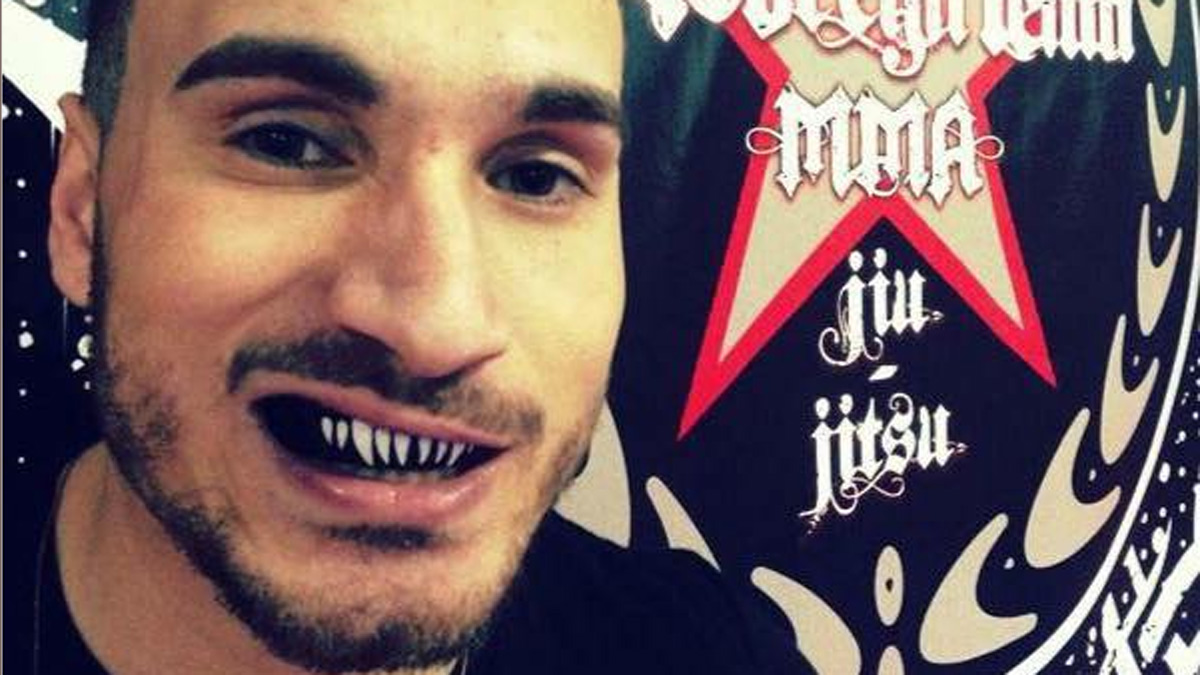MMA fighter Joao Carvalho dies: Have things gone too far?
Portuguese star's death, so soon after the case of boxer Nick Blackwell, means fighting sports must consider their futures

A free daily email with the biggest news stories of the day – and the best features from TheWeek.com
You are now subscribed
Your newsletter sign-up was successful
The death of MMA fighter Joao Carvalho has raised more questions over the safety of cage fighting and combat sports in general.
Carvalho, 28, collapsed 20 minutes after his bout with Irish fighter Charlie Ward at the National Stadium in Dublin. He underwent emergency brain surgery later that night but died on Monday evening, after 48 hours in intensive care.
The tragedy has some parallels with that of boxer Nick Blackwell, who also collapsed and spent a week in a coma after losing to Chris Eubank Jr at Wembley last month. During that fight, Eubank's father, Chris Sr, intervened to instruct his son to stop aiming punches at Blackwell's head and expressed surprise that the referee had not stopped the fight sooner.
The Week
Escape your echo chamber. Get the facts behind the news, plus analysis from multiple perspectives.

Sign up for The Week's Free Newsletters
From our morning news briefing to a weekly Good News Newsletter, get the best of The Week delivered directly to your inbox.
From our morning news briefing to a weekly Good News Newsletter, get the best of The Week delivered directly to your inbox.
Speaking on Saturday night in Dublin, UFC superstar Conor McGregor also said he thought the referee should have intervened earlier, after a dazed Carvalho was struck nine times in the head while on the floor.
"Aficionados of boxing and MMA will argue that the fights should have been stopped sooner, although that will come as scant consolation to Carvalho's family, nor indeed Blackwell, who has survived but will never box again," writes Ian O'Doherty of the Irish Independent.
The brutality of MMA and the fact it flies in the face of an increasingly risk-averse society is part of its attraction, he argues, but it also undermines its future.
"Given the way the cultural and medical winds are blowing, it's possible that boxing will be banned in our lifetime and even rugby will become unrecognisable. In such an atmosphere, it is almost impossible to make a case defending MMA.
A free daily email with the biggest news stories of the day – and the best features from TheWeek.com
"And the simple truth remains that until they change the rule allowing repeated head strikes on a prone opponent, MMA will never rise beyond the level of the grotesque spectacle," says O'Doherty.
Johnny Watterson, writing in The Guardian, agrees. "The savagery of Carvalho's beating and the glee of the young fans... will be seen in the broader sense as a calamitous and indefensible episode in Dublin.
"There is no precedent in organised sport where punching a defenceless opponent nine times on the ground when he has collapsed but conscious is acceptable. It is crossing the line."
Risk is part and parcel of sport, he says. "It happens in rugby and horse racing, in the TT Races at the Isle of Man and in boxing." But MMA and boxing must consider the risks: "The decision of where to stop does not simply come down to what may or may not disturb some buttoned-up sensibilities but, given the intentions of the fighters and how they go about achieving their aim, where it should stop is when it becomes obviously, dangerously violent."